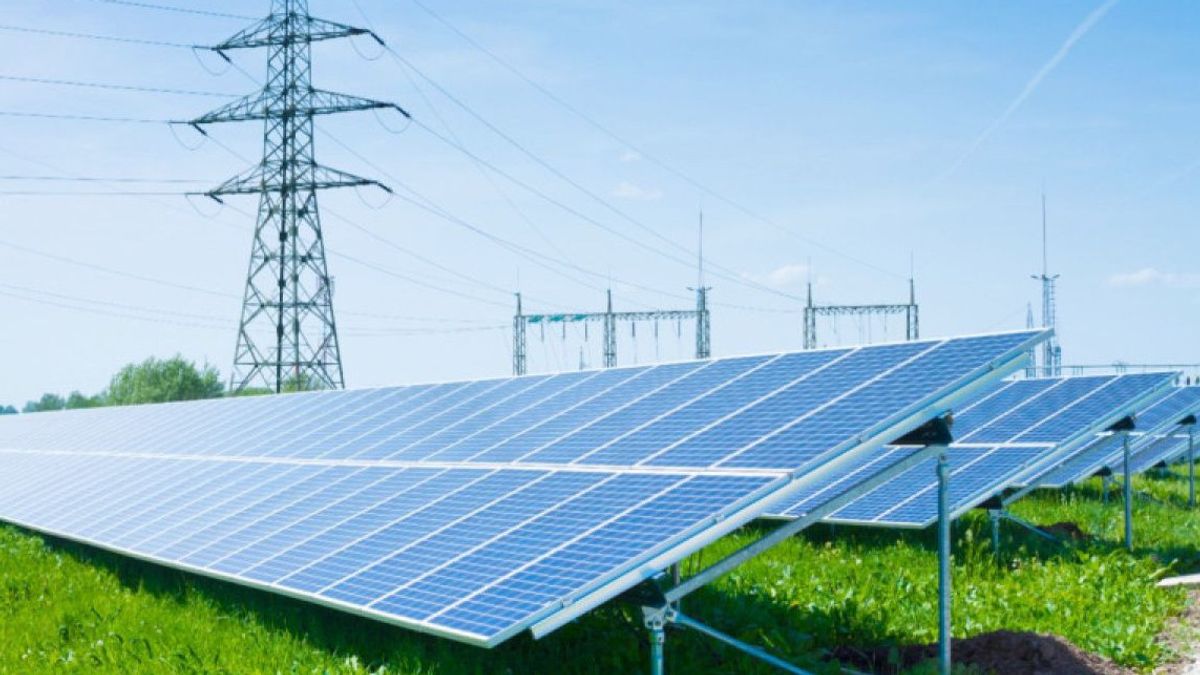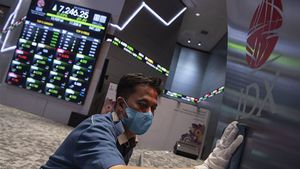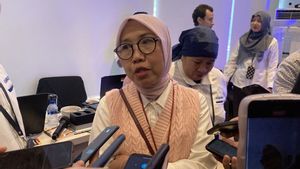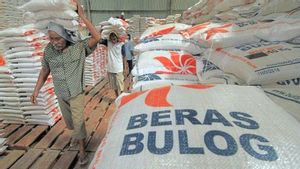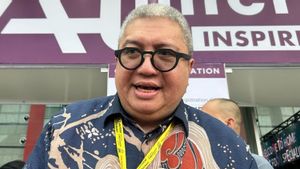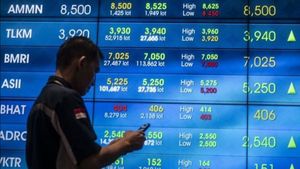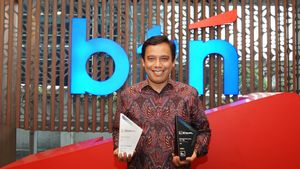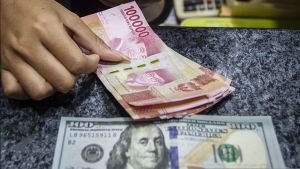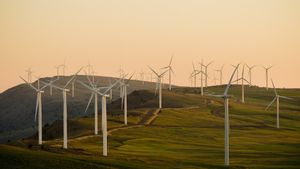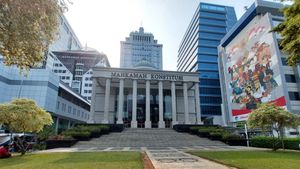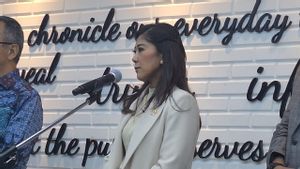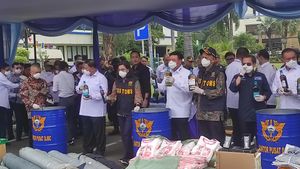JAKARTA - Developed countries, including Indonesia, need to formulate solutions to address various problems in accelerating the energy transition, especially ensuring the availability of land quickly and easy licensing, said Member of the World Economic Forum Executive Committee (WEF) Roberta Bocca.
Roberta Bocca, who is also the Head of the WEF Energy and Material Center in Abu Dhabi, UAE, Thursday, April 18, said land and fast licensing were important to facilitate access to funding in the energy transition.
So land availability, fast licensing. all of these things are very important. So, policies and the environment that allow implementation will be easy, and finally, you also need patience capital," Bocca said on the sidelines of a series of 14th General Assembly Sessions of the Renewable Energy Agency (IRENA) in Abu Dhabi, UAE, as reported by Antara.
Governments of developing countries, including Indonesia, said Bocca, are important to pay great attention to facilitating access to private capital into the energy transition.
"Government policies must be implemented with steps that facilitate investment inflows," he said.
In addition, the potential for funding from multilateral financial institutions must also be utilized by the government. This is because the current energy transition is very influential globally in every policy making.
"Then you have a role, which multilateral banks can also play, to provide certain capital," he said.
The challenge of funding, said Bocca, is not only faced by Indonesia, but also for many developing countries. One of the things that can be concluded from the series of IRENA's 14th General Assembly Session this year is that a lot of funding support is needed for developing countries to accelerate the energy transition.
SEE ALSO:
Meanwhile, Indonesia continues to accelerate the energy transition program with a target of reaching zero emissions by 2060 or earlier. Indonesia also refers to the Enhanced-Nationally Determined Contribution (E-NDC) to reduce carbon emissions by 358 million tons of CO2 by developing renewable energy, energy efficiency, low-carbon fuel, and clean coal technology.
At the global level, IRENA is pushing for a three-fold increase in renewable energy capacity and double the energy efficiency to achieve the global capacity target by 2030 of 11 terawatts (TW) in order to maintain a threshold of 1.5 degrees Celsius for rising geothermal temperatures.
The English, Chinese, Japanese, Arabic, and French versions are automatically generated by the AI. So there may still be inaccuracies in translating, please always see Indonesian as our main language. (system supported by DigitalSiber.id)
